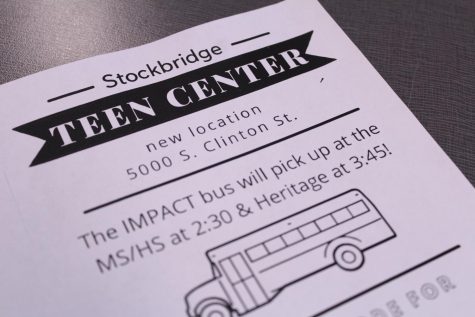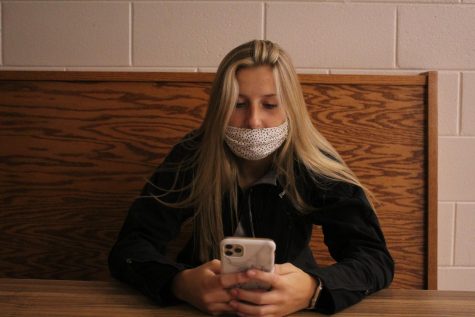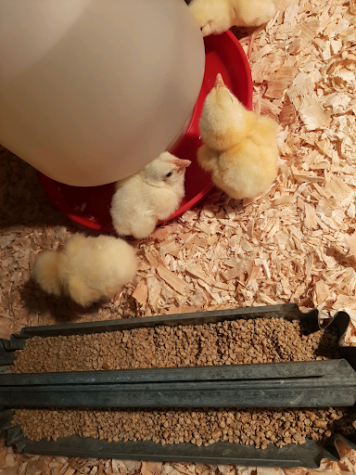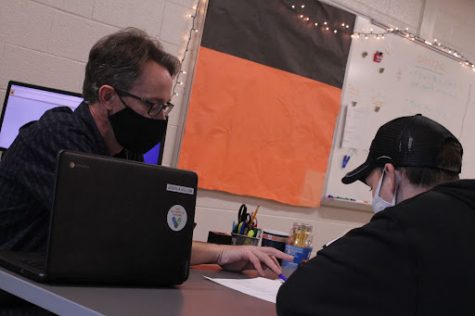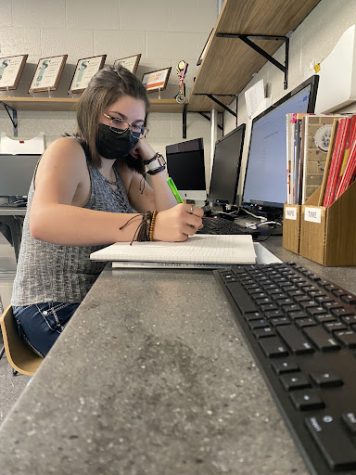A battleground from start to finish
Cliques in high school
Companionship, the feeling of fellowship or friendship, is one emotion that all human beings hunger for. Yet, as humans, the natural instinct to a “threat” is to run away in fear. Most humans are creatures of habit who each have their own chain of repeated actions and occurrences that are rarely broken on purpose.
With those repeated actions and occurrences that are rarely broken, it can make for small groups of people called “cliques.”
The definition of a clique, according to the Webster Dictionary is, “a narrow exclusive circle or group of persons; especially: one held together by common interests, views, or purposes.”
Junior Zane Turner thinks that a clique is a group of people who are alike in humor, style and ideas of fun. Turner’s definition of a clique comes from how he grew up.
“I became friends with people who made me laugh, and I made them laugh,” Turner said. I chose style because we like the same things and wear similar clothes. I chose ideas of fun because I grew up playing outside with my friends a lot, so ideas for fun such as tossing around a football or hiking, sounded fun to me, too.”
However, junior Melanie Clark’s definition of a clique is, “groups of peers that may not be friends, but stick together because of popularity or close family ties.” Clark added that, “Everybody talks trash about everybody. There’s divisions and Stockbridge has that. They stick in pairs, small groups. There’s no big group of friends that just doesn’t say bad things about each other, it just doesn’t happen. There is always going to be somebody that doesn’t like one little thing about somebody else and that’s going to escalate into something bigger.”
Licensed psychologist Jeremy Novak who specializes in child and adolescent services, as well as many different types of treatments for both adults and families, thinks that most people have a familiar routine, and some of those routines involve interacting with people, while some do not. Those who have daily contact with familiar individuals are less likely to feel awkward in meeting new people than those who do not have daily contact with new people.
Novak said that, “Some people have personality characteristics that are strong in their openness to new experiences or their outgoingness. Those individuals tend to seek, as well as being open to meeting new people, whereas those individuals experiencing lower levels of those characteristics tend to be less open to meeting new people or being shy.”
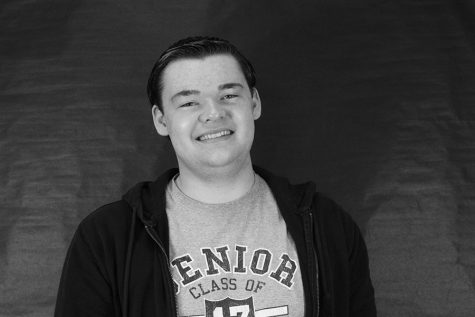
On staff I am the business manager and staff reporter, but in my free time I can normally be found doing something with radio. I am on-air staff at LCC...





